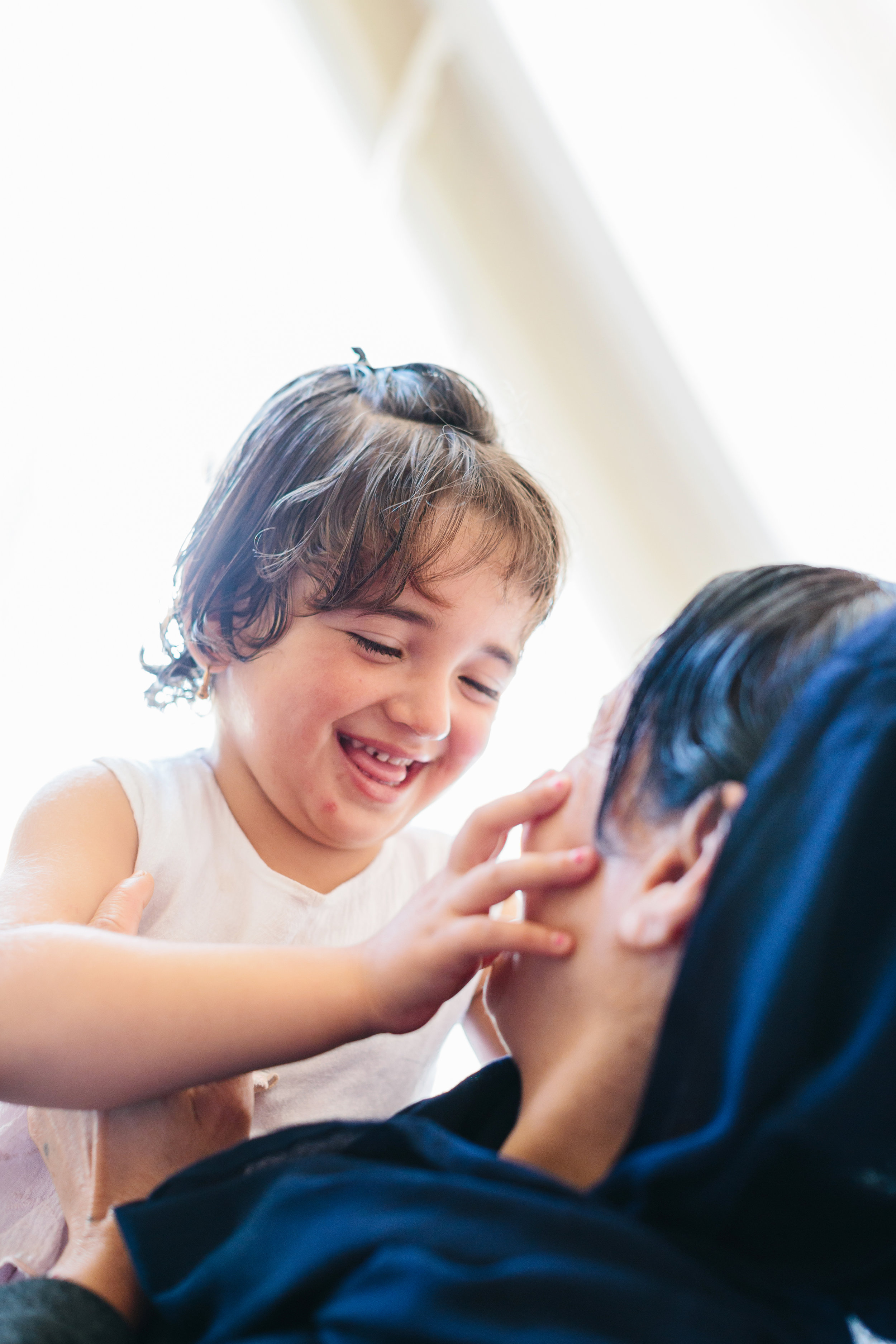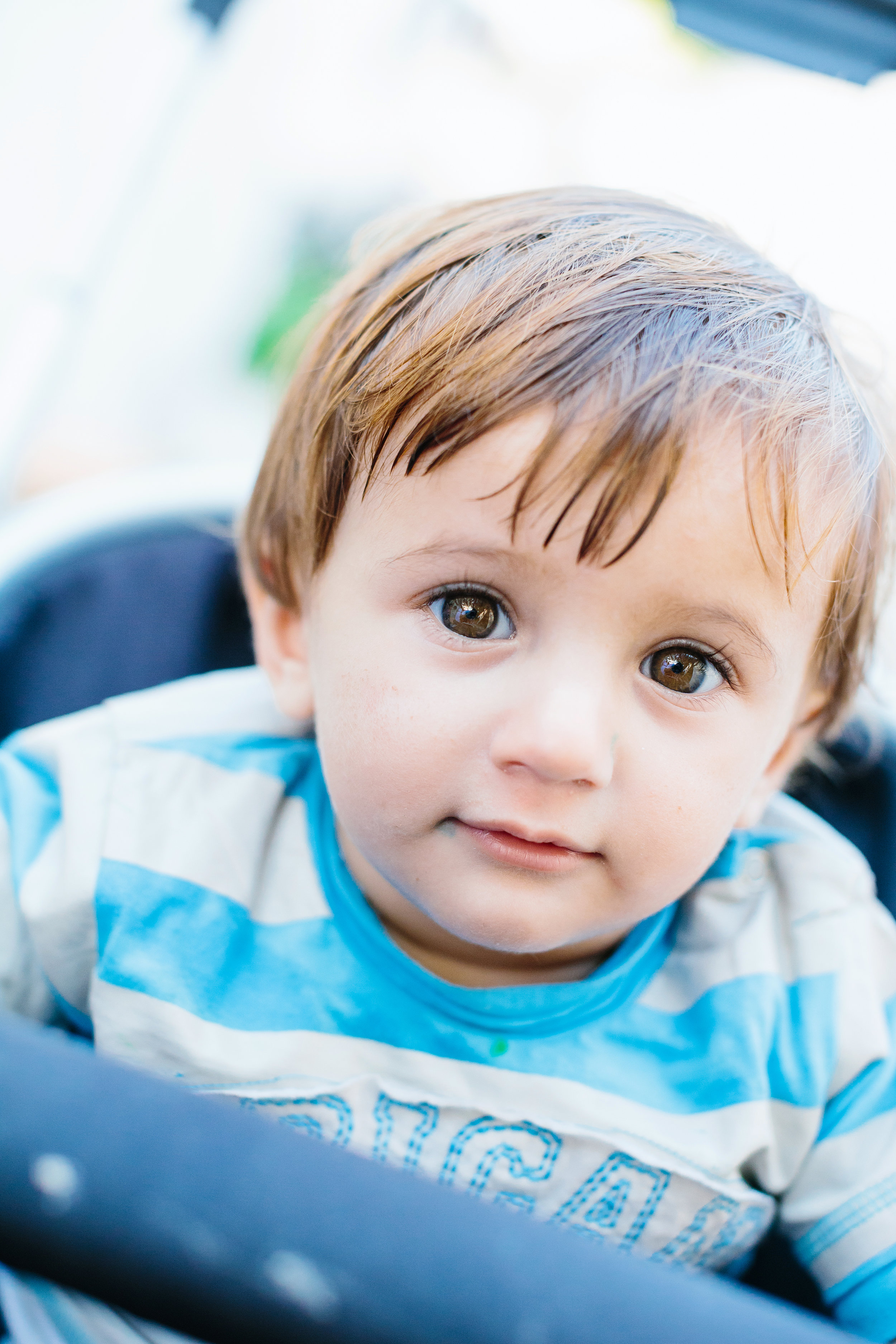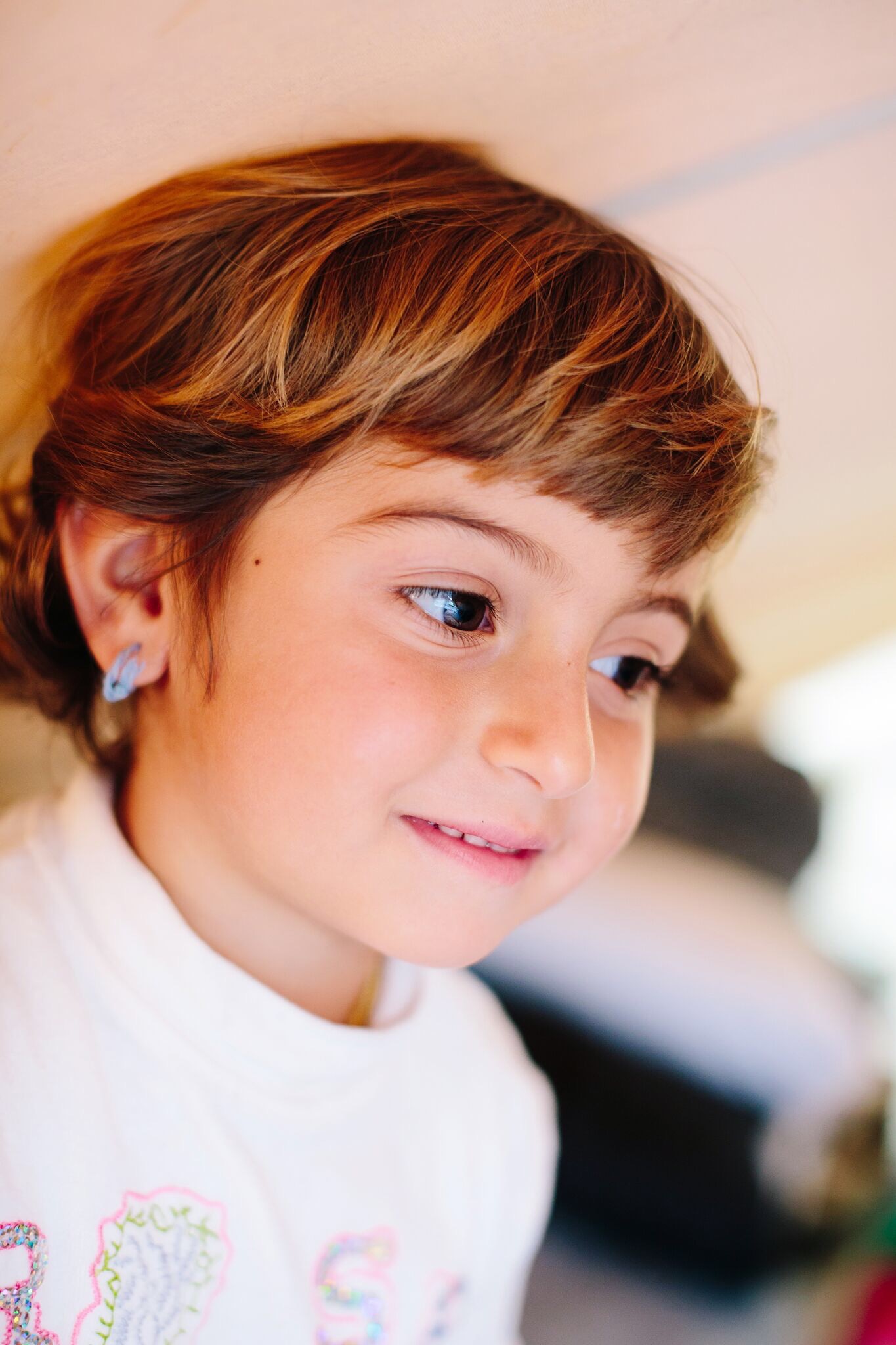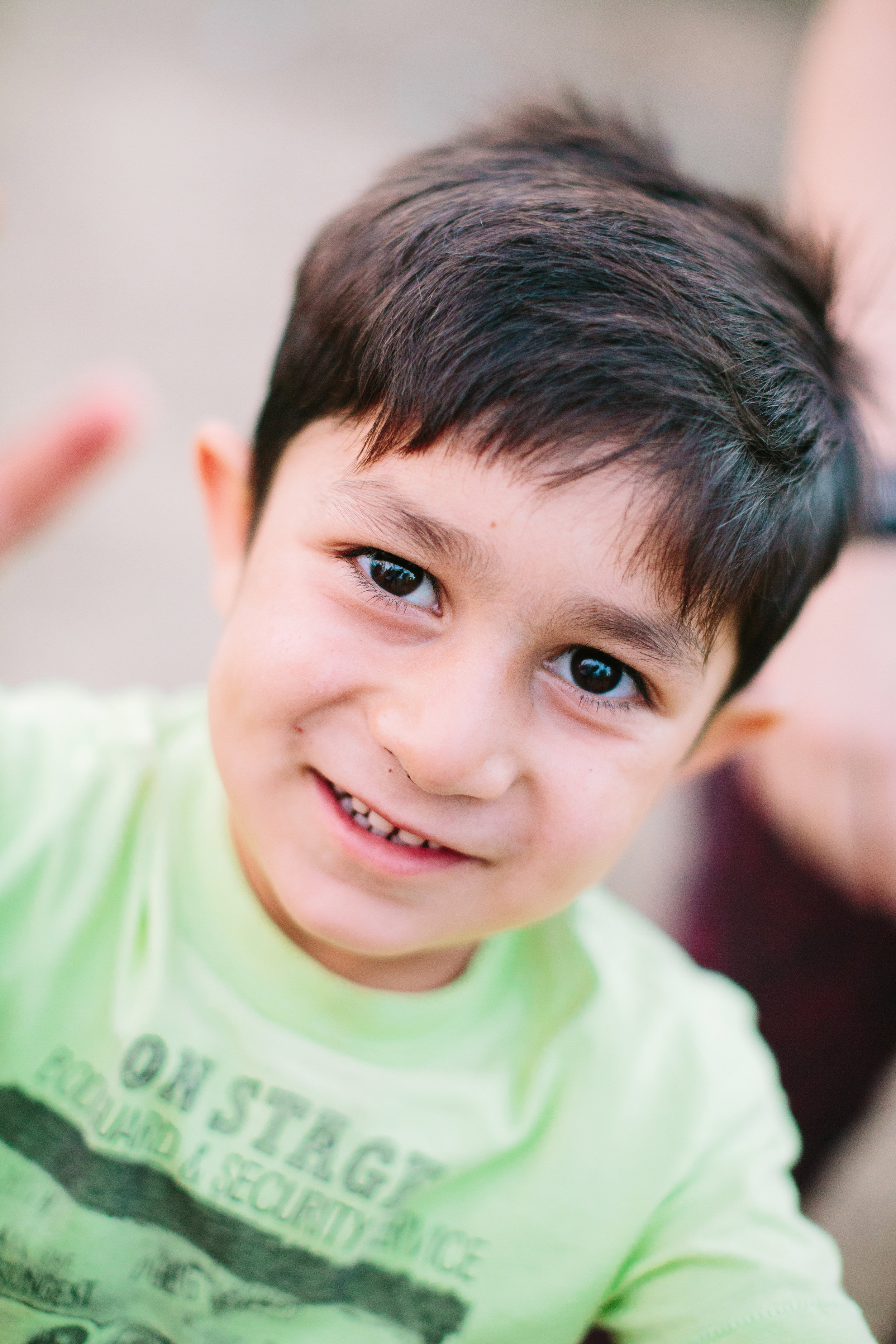’Tis the season of giving and serving, of watching your kids cry on Santa’s lap, of shopping for gifts for loved ones, of getting together with friends and family to eat good food. For believers, ’tis also the season that reflect on the birth of Jesus Christ, the redeemer of the world. The story of His birth is pretty harsh, no matter what you believe: What if Mary and Joseph hadn’t been turned away from the inn? What if the Savior of the world didn't have to be born in a filthy stable surrounded by farm animals? Every time I hear the story I think that the inn keeper is kind of lame. Surely, there was room in the inn for a woman in labor.
Fast forward a few thousand years. The global refugee crisis has now become a local one, whether we like it or not. It was bound to hit the USA, and now it has. In a strange twist of events, we are now the inn keeper. We have the power to decide if we want to help or not. A record number of refugees have been assigned to the Phoenix Valley and we have some of the most needy, humble people at our doorstep. So, we can offer our various talents and services to help welcome them, or we can shut the door and let them figure it out on their own. It’s kind of a no-brainer, guys.
Don’t take the metaphor too literally — you don’t have to actually house refugees. There are so many simple ways to help them directly or indirectly, and we will tell you how. But first, let’s set the record straight on refugees and why we need to do the right thing.
Refugees are not economic immigrants. They have been forced to choose between fleeing their homes or death. Big difference there.
They get very limited services upon arrival. Think everything is taken care of for them? It’s not! $925 per person ONCE is not a lot to cover rent, which is not free or even subsidized. Small families especially suffer.
They do not drain our resources - the USA has always taken in refugees. Hundreds of thousands in the last 30 years alone. In fact, The USA has consistently taken in half of all refugees who get resettled.
Refugees are heavily vetted via a long and difficult process.
There is no reason to be afraid. No refugee from any country has committed an act of terrorism in the USA. Statistically speaking, driving down the road with your seatbelt on is more dangerous than allowing the world’s most trodden people to enter our borders.
So, back to how you can help: the Federal agencies that resettle refugees are overwhelmed. They need our help to take care of some of the more time-consuming and non-essential tasks like locating furniture, so that their case workers can actually focus more on the families' immediate emotional, medical, and temporal needs. That’s where we come in.
Furnish an apartment. Pick a family up from the airport. Run a drive for certain needed items. Donate needed items. Volunteer at our warehouse. Run a fundraiser. Open the doors to the inn and find refugee families some room. Use your unique talents to bless those who have literally lost everything. It will be the most meaningful bit of service you've ever done.
Visit www.liftinghandsinternational.org/phoenix to sign up.






